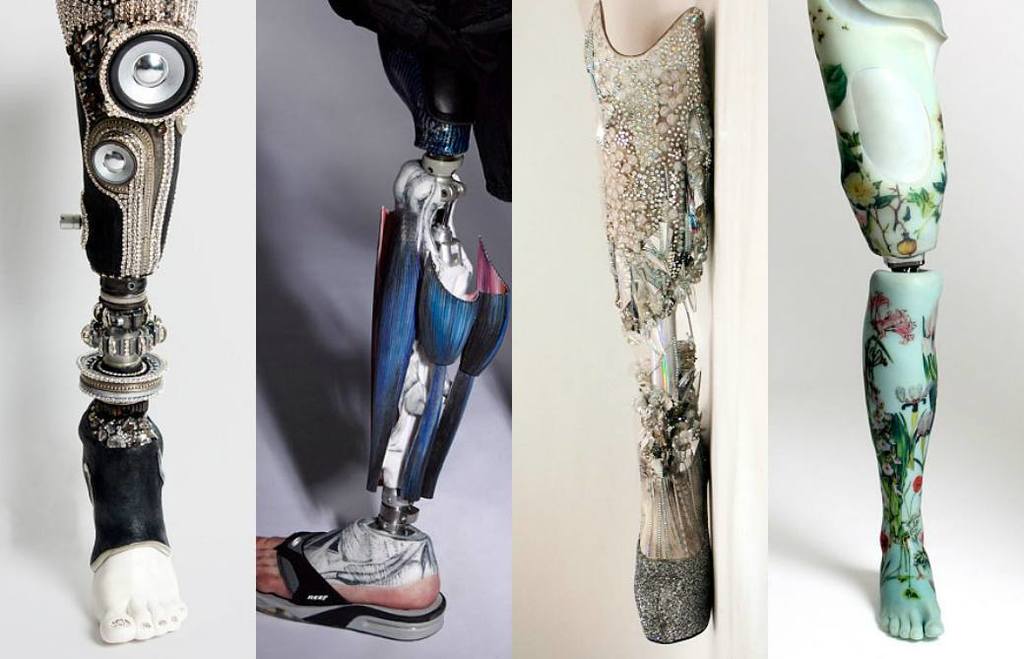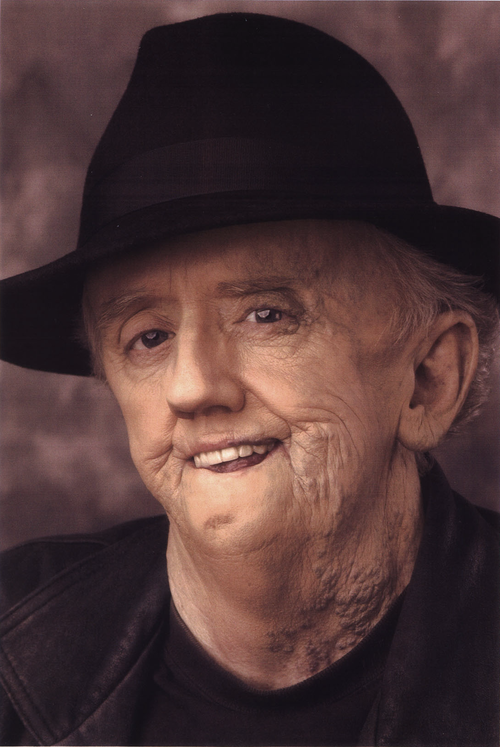
Dear Reader
Thanks for the feedback on the first issue of this Digest.
This beta issue #2 incorporates your suggestions. The main change relates to formatting. We have switched to Mail Chimp for distribution so that the beautiful design by Lisa Joy Trick survives on whatever device you use.
Let me know what you think and I’ll keep trying to make this better.
Please send your suggestions via this form.
Thanks
Al
This week in history ...
 January 9th is the birthday of David Roche writer, humorist, and actor (1944). He is best known for his one-man show The Church of 80% Sincerity which is a church for recovering perfectionists. Roche has performed his show to standing ovations around the world including the White House, and Kennedy Centre. And has been turned into a best selling book.
January 9th is the birthday of David Roche writer, humorist, and actor (1944). He is best known for his one-man show The Church of 80% Sincerity which is a church for recovering perfectionists. Roche has performed his show to standing ovations around the world including the White House, and Kennedy Centre. And has been turned into a best selling book.
Roche often begins his performances by asking audiences to ask him, “What happened to your face?” To which he replies “I thought you’d never ask,” explaining that his facial disfigurement is the result of his being born with a rare noncancerous tumor on the left side of his face. He described it as a combination of veins gone wild, followed by radiation burns and surgeries. “And you’re worried about having a bad hair day,” he says. “I’m having a bad face day.”
Roche is tired of Hollywood using people with facial differences to symbolize evil. “There is no cinematic metaphor that is more trite and shallow,” he wrote.
His latest project is Love at Second Sight, a film he produced with his wife Marlena Blavin to help young people deal with the challenges of appearance and acceptability. Roche said, “My face is unique but my experiences are wholly human. My face is a gift because I’ve been forced to find my inner beauty. That is a universal human need.”
 January 12 is the birthday of Australian comedian Hannah Gadsby. She became an internet sensation when a video of her live performance Nanette was streamed on Netflix. In Nanette Gadsby deconstructs stand up comedy and declares she will no longer use self deprecating humour because it reinforces the insults people who have been marginalized experience.
January 12 is the birthday of Australian comedian Hannah Gadsby. She became an internet sensation when a video of her live performance Nanette was streamed on Netflix. In Nanette Gadsby deconstructs stand up comedy and declares she will no longer use self deprecating humour because it reinforces the insults people who have been marginalized experience.
Gadsby’s followup show Douglas also on Netflix deals with her diagnosis of autism and the misogyny inherent in classical art. Gadsby has been described as a comedy game changer. She begins Douglas by alerting the audience that what she intends to say will disturb them. She then leads them laughing all the way to a tough reckoning that, despite her warning, still manages to surprise.
Douglas has been nominated for two Emmys. Gadsby is friends with British actor Emma Thompson who describes her comedy as Promethean. Gadsby says in Douglas, “I’m not here to collect your pity, I’m here to disrupt your confidence.”
 On January 13 2010, the American R&B singer Teddy Pendergrass died from respiratory failure. He was the lead vocalist on the Melvin and the Blue Notes hit If You Don’t Know Me by Now. He was the first male African American solo artist to record five consecutive platinum albums. He also became the first wheelchair user in mainstream music after sustaining a spinal cord injury in a car crash. He returned to live performing in 1985 at Live Aid.
On January 13 2010, the American R&B singer Teddy Pendergrass died from respiratory failure. He was the lead vocalist on the Melvin and the Blue Notes hit If You Don’t Know Me by Now. He was the first male African American solo artist to record five consecutive platinum albums. He also became the first wheelchair user in mainstream music after sustaining a spinal cord injury in a car crash. He returned to live performing in 1985 at Live Aid.
Pendergrass didn’t want sympathy from his fans. “My purpose is that people don’t see me as a man in a wheelchair, that you get past the wheelchair and see the show. Come out and enjoy yourself, have a good time,” he said.
Pendergrass published his autobiography, Truly Blessed, in 1998. “There’s a lot that I need to prove as a person with a disability,” Pendergrass wrote. “Having a full productive life is what I advocate at all costs.”
 On January 15th 2012 actor and Game of Thrones star Peter Dinklage won a Golden Globe. Dinklage, who is one of the highest paid actors on tv, used his acceptance speech to pay tribute to British actor Martin Henderson a person with dwarfism from Somerset, England. Henderson was badly injured after being picked up and thrown by a drunken rugby fan in a bar. He subsequently died. Dinklagee knew that people wouldn’t know Henderson’s name, so he asked them to Google it.
On January 15th 2012 actor and Game of Thrones star Peter Dinklage won a Golden Globe. Dinklage, who is one of the highest paid actors on tv, used his acceptance speech to pay tribute to British actor Martin Henderson a person with dwarfism from Somerset, England. Henderson was badly injured after being picked up and thrown by a drunken rugby fan in a bar. He subsequently died. Dinklagee knew that people wouldn’t know Henderson’s name, so he asked them to Google it.
Dinklage, who is also a person of short stature, refused to be treated as a hero for speaking out. “They’ve made it more romantic than it actually was,” he said. “I just wanted to go, ‘This is screwed up.’ Dwarves are still the butt of jokes. It’s one of the last bastions of acceptable prejudice. Not just by people who’ve had too much to drink in England and want to throw a person. But by media, everything.”
Did you know?
Audiobooks began as talking books for soldiers who became blind during World War one. Even though Thomas Edison invented the phonograph to record the spoken work, talking books never really took off until Dylan Thomas recorded A Child’s Christmas in Wales before it was published. Today audio books are in the midst of a boom that coincides with the rise of podcasts.
Al
